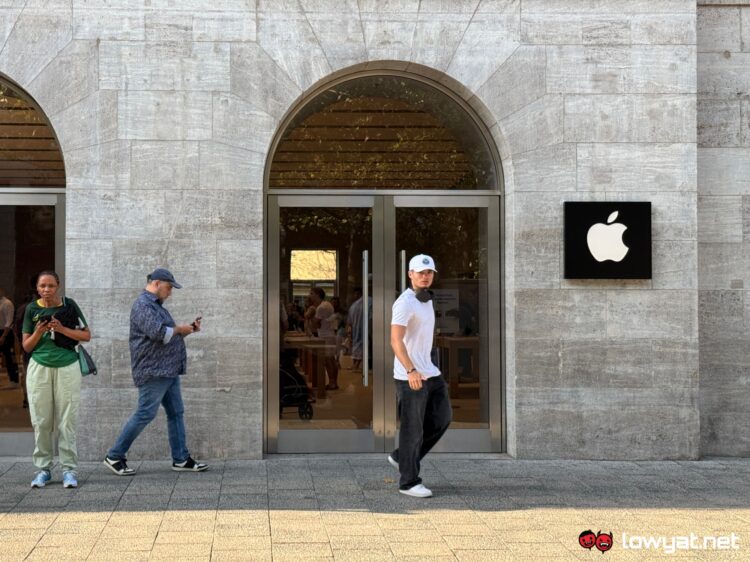Indonesia has replied to Apple’s US$100 million investment in building an accessory and component plant in its country: It’s not enough. Meanwhile, the sales ban on the fruit company’s iPhone 16 series remains in place.
Indonesian authorities say that it has assessed the proposal put forward by Apple and that it did not meet its principles of fairness. As a quick primer, the country uses trade restrictions on foreign companies like Apple and Google, requiring them to set up factories and facilities domestically as a means of creating more jobs and stimulating the country’s economy.
To date, the company from Cupertino has only invested US$95 million (~RM415 million), which the Indonesian government says is not enough and falls short of the company’s initial promise of US$107 million (~RM475 million). Apple has argued that, despite having no manufacturing facilities in Indonesia, it has established application-developer academies, which it says helps it meet local content requirements for the sale of older iPhone models, which are still on sale in Jakarta.
Indonesia says that it wants Apple to commit to new investments until 2026. At the time of writing, the company has yet to release an official statement over the matter. To be fair, the fruit company isn’t the only one in a bind with the country; the Google Pixel phones are also banned from being sold in the country over similar reasons pertaining to the lack of locally produced components.
(Source: Reuters)
Follow us on Instagram, Facebook, Twitter or Telegram for more updates and breaking news.




